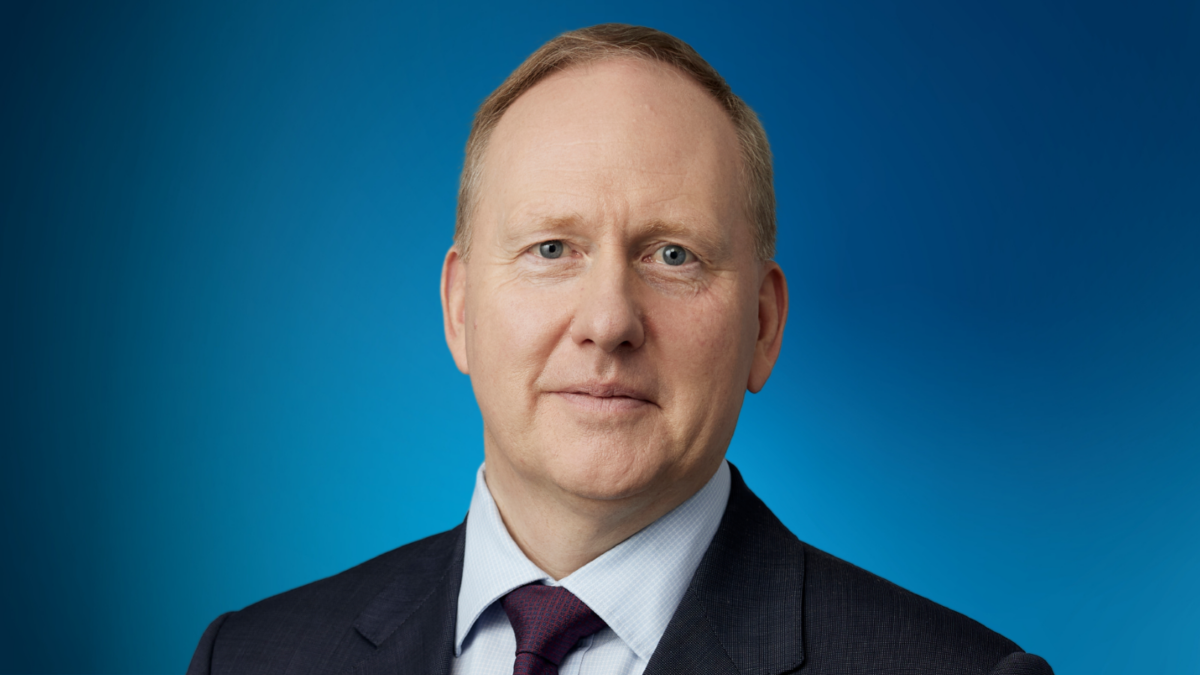‘Not without its challenges’: How CFS is preparing for a wildly different world
CFS CIO Jonathan Armitage expects that the United States will move into recession sometime in the first half of next year while interest rates will remain elevated – largely as a consequence of inflation proving more volatile than some investors think. That last point has been a topic of significant discussion in the CFS investment team, and means the way it makes money for its clients in the next decade will be “quite different” to the way it did over the previous one.
“In the last 20 years, the direction has been lower interest rates and lower discount rates, which benefitted growth and unlisted assets,” Armitage tells ISN. “I think we’re moving into a different environment… I’m not suggesting that inflation is going back up to eight per cent, but I don’t think it’s going back to one and a half. If interest rates remain elevated that’s going to have an impact on assets that have long term cashflows.”
Fixed income assets like credit and private debt will become more important parts of portfolios, while legacy unlisted assets will be “problematic” and commercial real estate a lot less attractive. There will still be plenty of capital required in areas like infrastructure, but a lot more will be required for energy transition assets – and that doesn’t just mean renewables. The way investors actually invest will also have to change; a more volatile world requires a more nimble investment strategy.
“It means we’re using a wider variety of building blocks within our investment portfolios,” Armitage says. “It also means you might want to manage those exposures synthetically by using derivatives rather than allocating money purely to just equities or fixed income or other areas of the market.”
While CFS has historically had a lower allocation to unlisted assets, Armitage’s personal view is that the fund could take advantage of some “very interesting opportunities” in the medium term – as long as they come at the right price.
“We believe that we’re very strongly positioned to take advantage of some of the dislocations you may well see in that part of the market and can build up our exposure,” Armitage says. “But that exposure could look very different to what you’ve seen from some funds that have been investing in this area for some time. I’m very comfortable that we’ve got strong liquidity in our funds at the moment, and it means we don’t have legacy assets that we have to manage.”
Within the context of the local superannuation system, retail funds like CFS have found themselves on the backfoot following a drubbing in the Hayne royal commission and in the face of the spectacular growth of the industry fund segment, which has been fuelled both by default distribution and the ongoing merger trend. But Armitage says that, as more members hit decumulation, it and other retail funds might be better prepared for their retirement.
“The demographics in Australia are shifting, as they are in a lot of developed economies,” Armitage says. “The ability of organisations like CFS to construct investment options that help clients through all their different life stages, but particularly as they move towards retirement and are in retirement, becomes more critical.”
“I think it’s understanding, through the advisers, what are the demands and requirements of end clients – and if you think about it in the context of a higher inflation or more volatile inflation environment, that becomes even more critical.”
Armitage has just returned from a trip to the United States and Europe where he met with major shareholder KKR and a host of external managers; he was on the ground as the US government was thrown into disarray with the first removal of a speaker of the house in history, but says that the most interesting developments abroad pertain to how other countries are investing in the energy transition.
“I think it’s about understanding where the opportunities lie and how we take advantage of them,” Armitage says. “That’s one of the areas that’s of greatest interest. But it’s complex; you are dealing with emerging technologies, and it’s not without its challenges.
“I think you should always be wary when significant amounts of money are being placed into particular areas, but the size of the challenge requires that, bluntly. It’s no different from making any investment in a private or public market. Are these new issues from an investment perspective? No. And I’m more excited about the possibilities than I am apprehensive about any potential pitfalls.”











